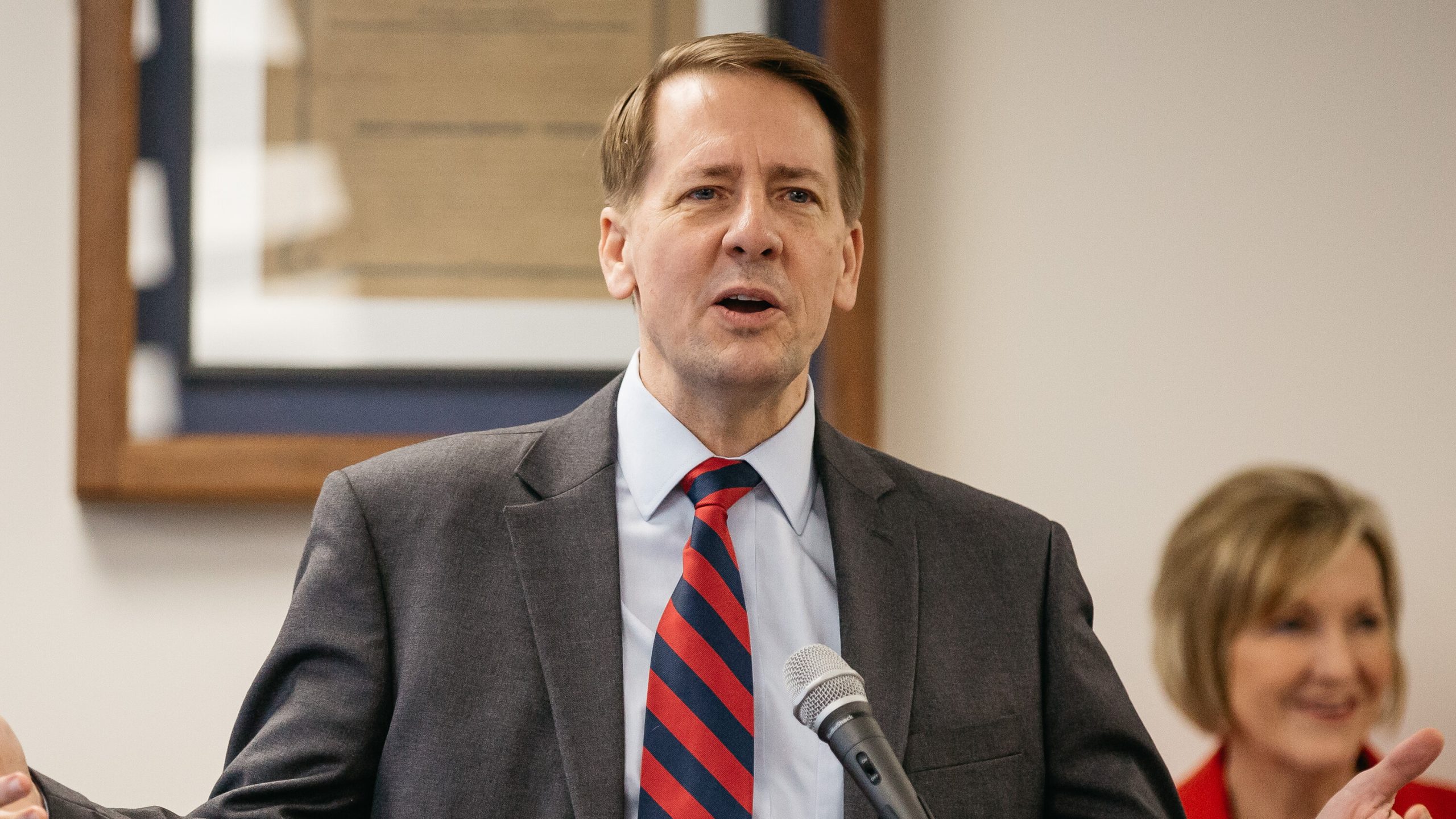Richard Cordray, the head of the Federal Student Aid (FSA) office, announced his resignation on Friday following a tumultuous period marked by difficulties with the rollout of the new Free Application for Federal Student Aid (FAFSA) forms. Cordray’s departure comes amid bipartisan criticism and calls for consequences against the Department of Education for the chaotic implementation of the new FAFSA system.

The new FAFSA forms, which were introduced at the beginning of January, encountered significant technical difficulties, causing delays in students and colleges accessing and processing financial aid information. These delays, coupled with processing issues affecting millions of applications, have led to widespread frustration and challenges for students and educational institutions alike.
Republicans have been particularly vocal in their calls for Cordray’s resignation, while advocates have urged accountability measures to be taken against the Department of Education for its handling of the FAFSA rollout. Justin Draeger, president of the National Association of Student Financial Aid Administrators, highlighted the severity of the situation, comparing the delays to what would be deemed unacceptable in any other professional setting.
Despite the challenges faced during his tenure, Cordray emphasized key achievements, including providing student loan forgiveness to millions of borrowers, simplifying the federal student aid application process, and taking action against schools engaged in defrauding students. He has agreed to stay on in an interim capacity to aid in the transition process.
The departure of Cordray raises questions about the future direction of the FSA office and efforts to address the ongoing issues with the FAFSA system. As colleges grapple with delays in financial aid offers and students face uncertainty in their educational plans, there is a pressing need for swift and effective solutions to ensure that the federal student aid process operates smoothly and efficiently.
Cordray’s resignation underscores the importance of addressing the systemic challenges within the FSA office and restoring confidence in the federal student aid system. As stakeholders await further developments, the focus remains on finding solutions to alleviate the burden on students and educational institutions navigating the complexities of financial aid in higher education.